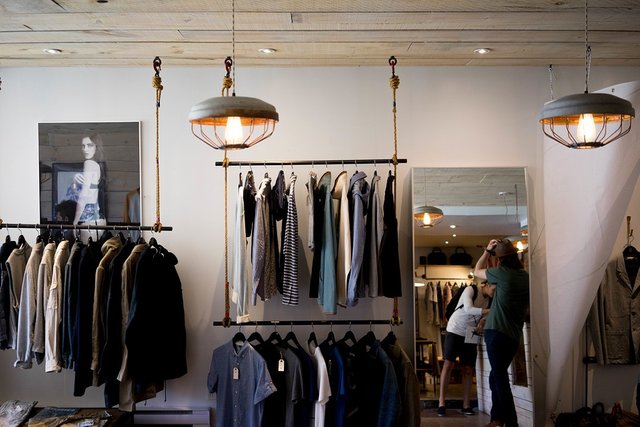Rise of Consumerism in a "Modern" World [Part 4: Role of Peer Pressure]
Research has found evidence to support the idea that peer pressure and the need for social acceptance that is largely prevalent amongst adolescents, teenagers, and even those in their twenties, is a predominant factor fuelling hyper-consumption. It especially happens in developed nations or in metropolitan areas where people are more competitive in this regard.
Younger people, particularly adolescents, have become more aware of the newest fashions and trends, thanks to advertisements. Due to peer pressure, and the need to "fit in" in their social circle, they often put pressure on their parents to buy them branded products, which they might have otherwise not bothered about. Many parents say that it is much easier to cut back on consumption when their children are small, but it becomes much harder when they grow up and are more peer-conscious and brand-aware. Parents are under increasing pressure to give in to their children’s demands in today’s consumerist culture and, despite the recession, kids continue to clamour for designer brands in everything from shoes to clothing to gadgets.

According to a survey conducted by Positive Childhood Campaign, 64% of parents feel that their child puts them under pressure to buy something they have seen on television or in advertisements. Children are under a lot of pressure to wear the right things, have the latest gadgets and go to the right places, and all of this stress gets transferred to their parents. The pressures to conform increases as teens grow older. Teen pressures influence purchases in a range of ways, from providing positive or negative information about a product to pushing a teenager into buying a particular item to avoid a negative reaction from friends. Young teens view buying certain goods as a simple way to gain popularity with peers.

This means that the culture of consumerism has affected even non-earning members like children and teenagers. Their parents have to "give in" to the nagging. Items like sportswear and gadgets especially are at the forefront of this pressure. Parents find themselves giving into their children's demands even though they know that they will outgrow these clothes or shoes after a few months.
"Giving in", however, has been found to be a poor parenting strategy, that just results into a vicious cycle of more pointless demands and more pointless spending. But if that is what children see around them from not just their peers but also their parents, it is natural for them to feel entitled to luxury goods. Their "role models", after all, all endorse such brands and expensive lifestyles. And even if parents don't give into their demands, this hyper consumption is what most youth aspire to. Employment and earning have become solely means to sustain one's consumption demands and addictions. Not as a way to contribute to society or to work on something one loves and enjoys.
These demands are most often not even an end in itself, but a means to "one up" others in one's social circles. This competition is based in psychologically unhealthy motives like jealousy and revenge. To quote from the movie Fight Club, 'We buy things we don't need with money we don't have to impress people we don't like.'
We mustn't underestimate social influences in our purchasing behaviour for it is certain that we make such decisions by learning from others and comparing, consciously or otherwise.

[This post is a part of a series of posts on the same topic.
Part 1: Rise of Consumerism in a "Modern" World [Part 1: Role of the Industrial Revolution]
Part 2: Rise of Consumerism in a "Modern" World [Part 2: Desire for Prestige]
Part 3: Rise of Consumerism in a "Modern" World [Part 3: Personal Insecurities]]